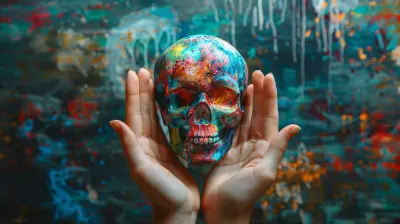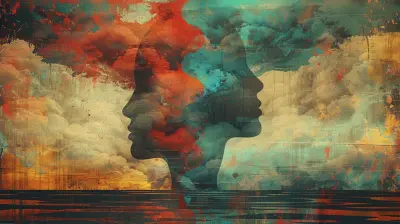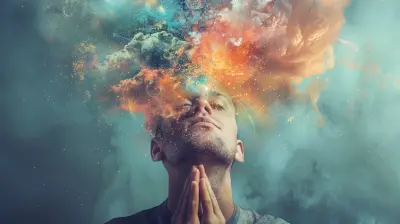Mental Illness and the Criminal Justice System: A Broken Connection
13 June 2025
Mental illness and the criminal justice system—two worlds that should work together but instead seem to clash at every turn. Imagine throwing a drowning person a weight instead of a life preserver. That’s exactly what happens when we lock up individuals struggling with mental health disorders in jails instead of giving them proper treatment.
The system is supposed to offer justice, yet for many suffering from conditions like schizophrenia, bipolar disorder, or severe depression, it feels more like a never-ending cycle of neglect and punishment. Let’s dive deep into this broken connection, why it exists, and what we can do to fix it.
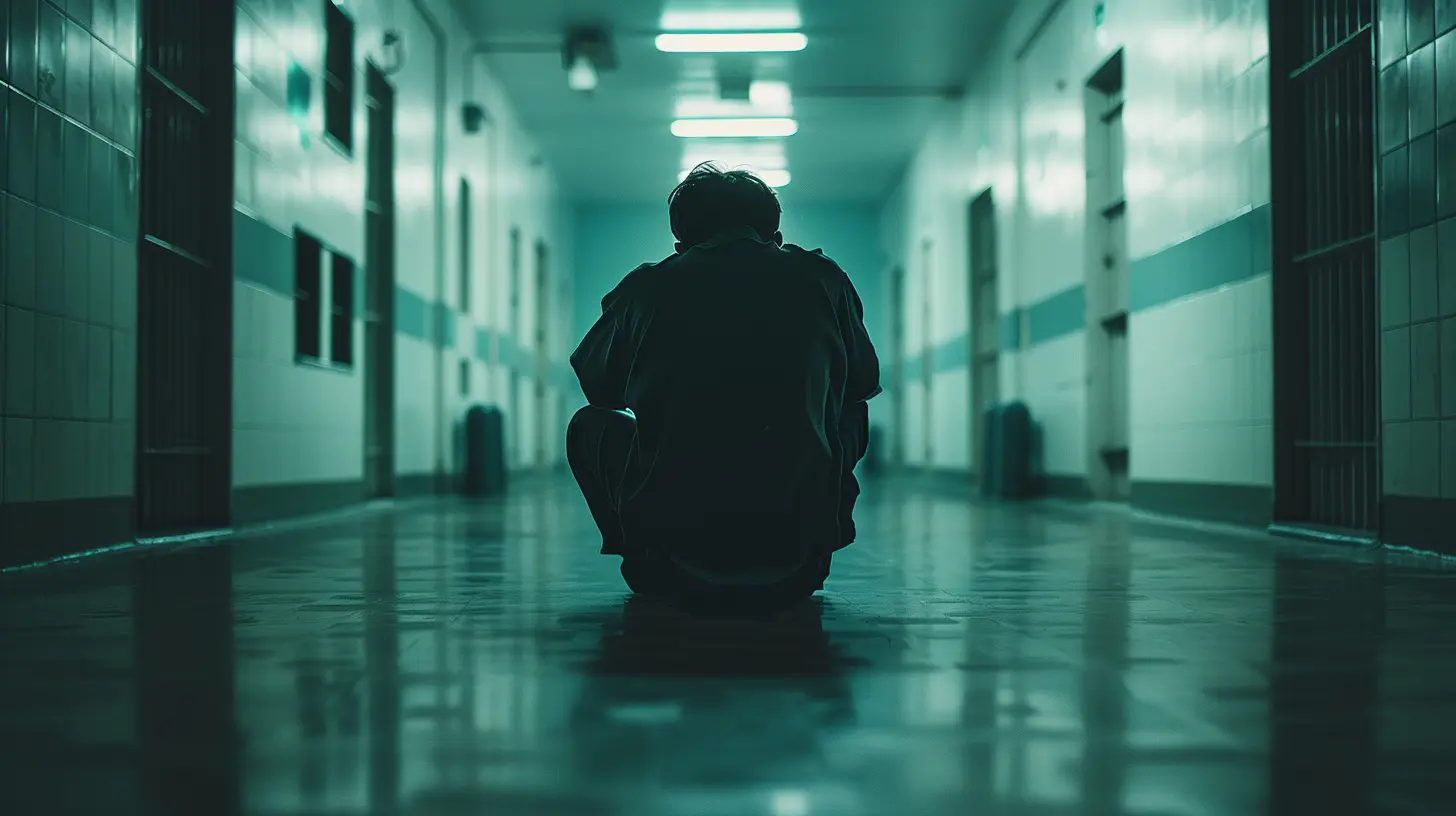
The Alarming Reality: Mental Illness in the Criminal Justice System
Did you know that around 44% of people in jail and 37% of those in prison have been diagnosed with a mental disorder? That’s nearly half the incarcerated population! But instead of rehabilitation, they face harsh conditions, abuse, and isolation, which only make their conditions worse.Why does this happen?
- Lack of mental health care – Many communities fail to provide proper psychiatric care, leaving people untreated and vulnerable to crisis situations.
- Criminalization of mental illness – Instead of getting the help they need, individuals in distress are often arrested for offenses like trespassing, loitering, or public disturbances.
- Overburdened prisons and jails – These facilities are designed for punishment, not treatment. They’re overcrowded, understaffed, and ill-equipped to handle mental health issues.
The truth is, the justice system wasn’t built to treat mental illness, yet it’s being used as a default institution for dealing with it. That’s like trying to fix a broken leg with a band-aid—it just doesn’t work.
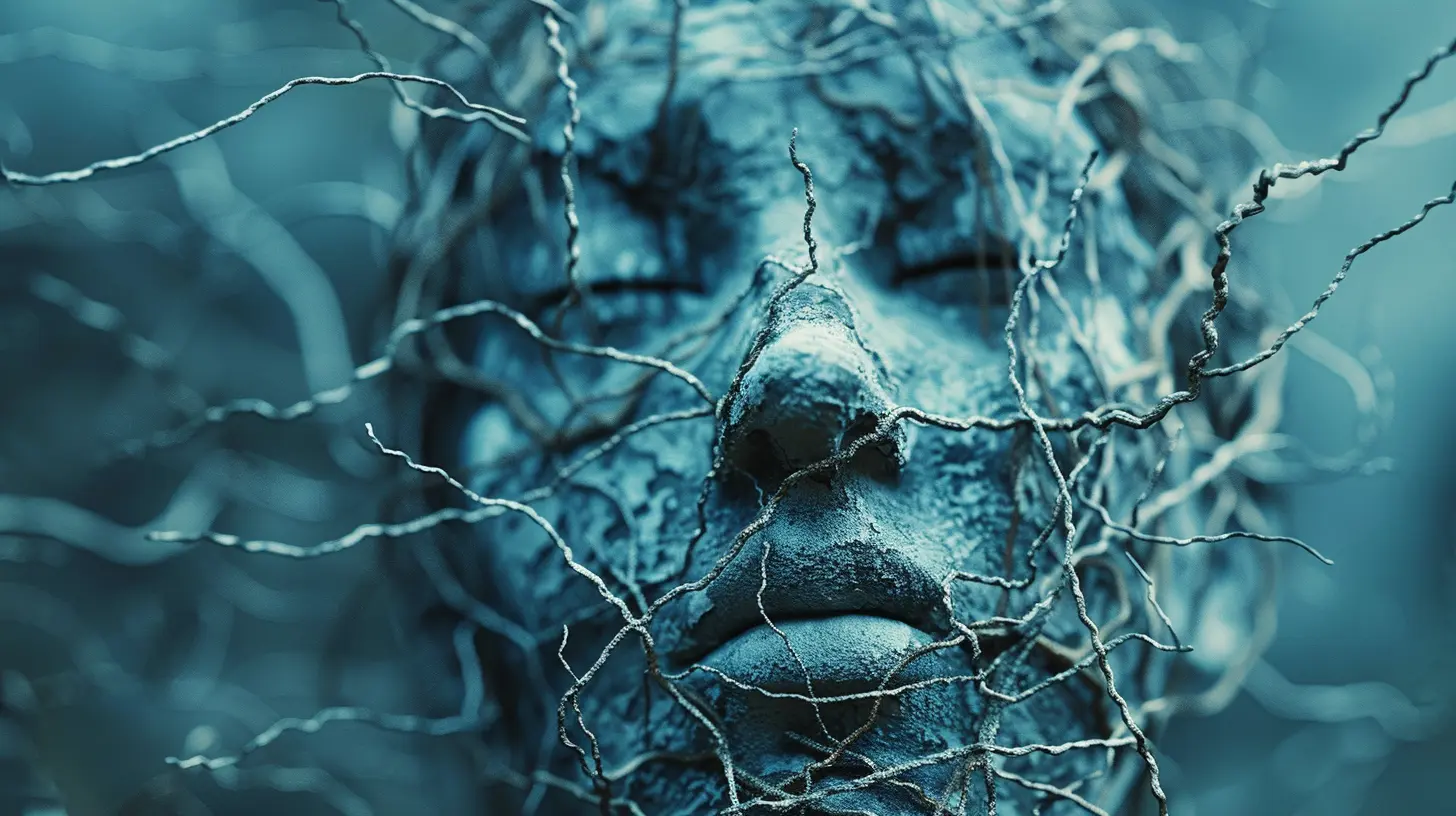
Why Are So Many Mentally Ill Individuals Behind Bars?
At first glance, it might seem like mentally ill individuals commit more crimes, but that’s far from the whole story. Many are arrested for non-violent offenses, like petty theft or public disturbances, often linked to their untreated mental health conditions.Think about it: Someone experiencing a schizophrenic episode might act erratically in public, scaring others. Instead of getting medical attention, they’re thrown in jail, where they receive little to no treatment. It’s a vicious cycle—one that turns mental health struggles into criminal records.
Some major reasons behind this disturbing trend include:
1. The Closure of Psychiatric Hospitals
Decades ago, psychiatric hospitals housed people with severe mental illnesses. While some were problematic, they at least provided structure and care. But with mass closures in the 1980s and 1990s, many patients were released without adequate support, leading to high rates of homelessness and incarceration.2. Police Acting as First Responders
When someone has a mental health crisis, who gets called? Most of the time, it’s the police, not a mental health professional. Unfortunately, officers aren’t trained to handle psychiatric emergencies, and their response can sometimes escalate the situation.Instead of getting care, many end up in handcuffs. This raises a question: Should police be the ones handling mental health crises, or should we have specialized teams trained to de-escalate and assist?
3. Lack of Mental Health Resources
Even when people seek help, accessing mental health care is incredibly difficult. Long wait times, high costs, and stigma prevent many from getting the treatment they need. Without options, some individuals unintentionally break laws, leading them straight into the criminal justice system.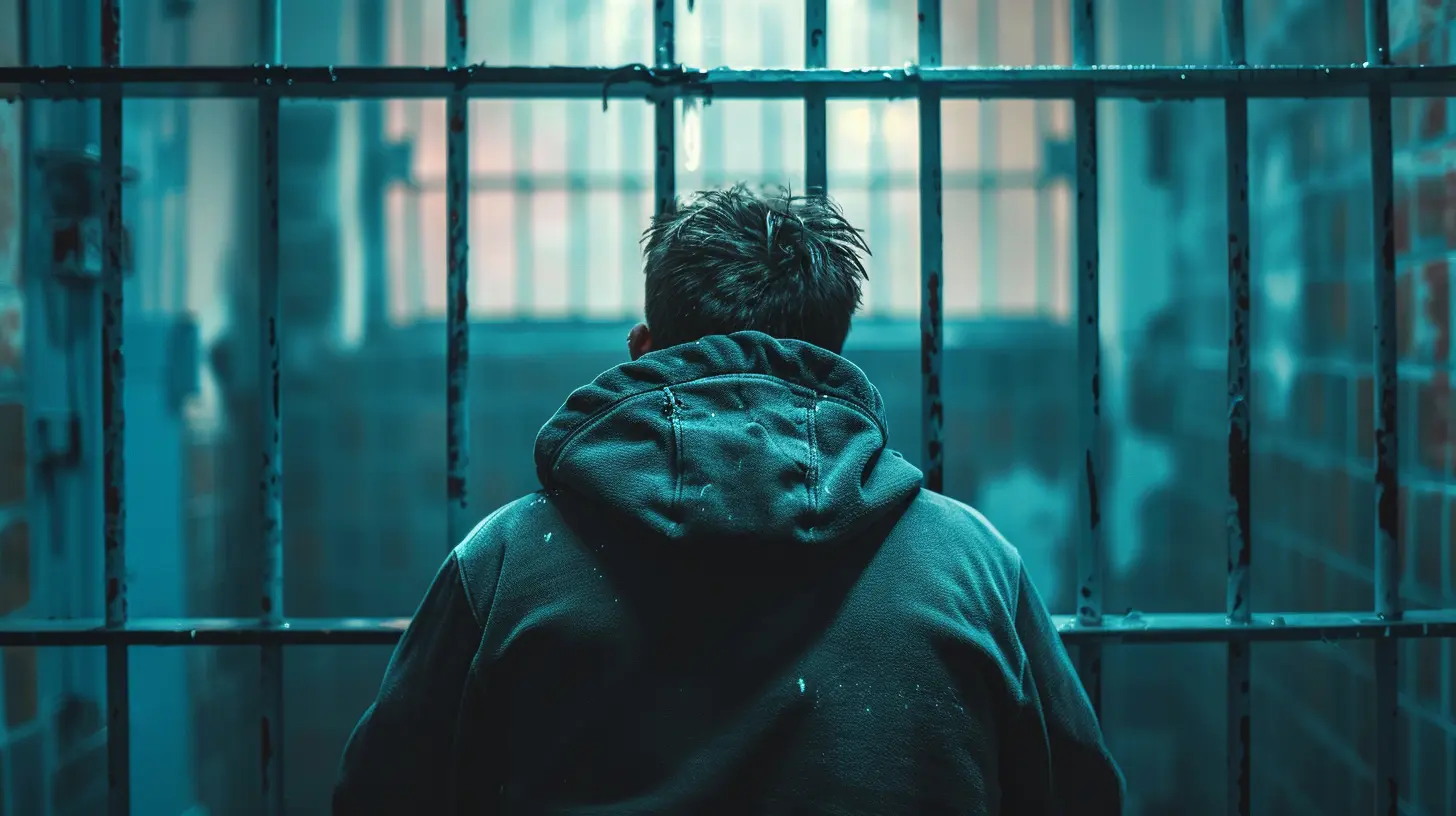
The Devastating Impact of Incarceration on Mental Health
We already know that prisons aren’t built for mental health care. But what actually happens when someone with a disorder is locked up?1. Worsening Symptoms
Imagine struggling with crippling anxiety or depression, only to be thrown into an overcrowded cell with little access to medical care. That’s reality for thousands of inmates.Many face:
- Lack of medication or improper dosages
- Isolation, leading to worsening psychosis and depression
- Increased risk of self-harm and suicide
In fact, suicide rates in jails and prisons are significantly higher than in the general population, proving just how damaging incarceration can be for those already struggling.
2. The Cycle of Recidivism
Without treatment, many mentally ill individuals re-offend after being released. Why? Because nothing has changed—only their surroundings. They return to the same struggles, the same lack of support, and often, the same legal troubles.3. Abuse and Neglect
Mental illness often makes individuals more vulnerable to mistreatment behind bars. Inmates with psychiatric conditions are:- More likely to be placed in solitary confinement, which can cause extreme psychological distress
- At higher risk of physical and verbal abuse from both inmates and staff
- Frequently denied proper medical attention, worsening their conditions
How can we call this justice?
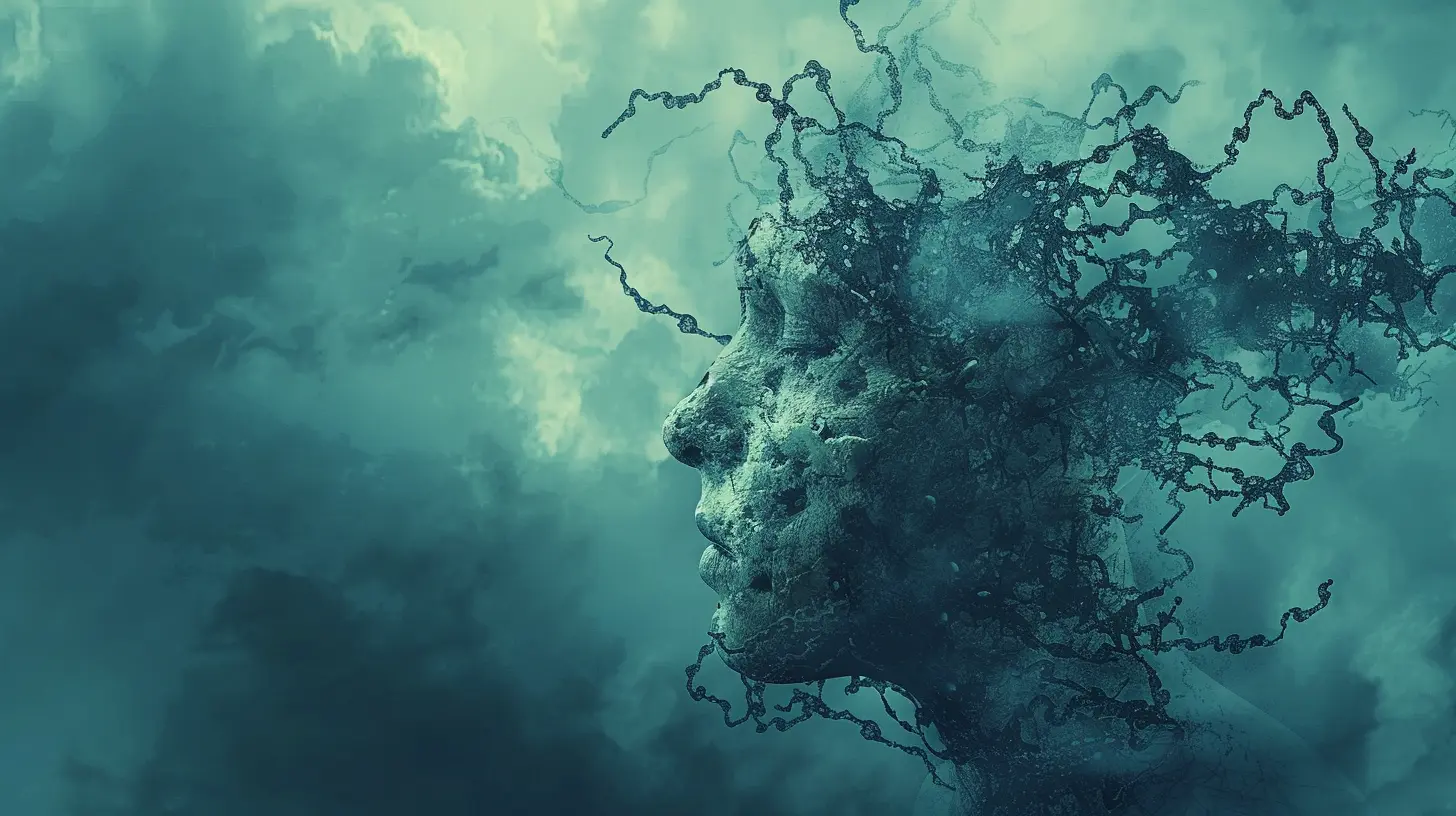
Breaking the Cycle: What Needs to Change?
Clearly, the system is broken. But it doesn’t have to stay that way. Change is possible—if we prioritize treatment over punishment.1. Decriminalizing Mental Illness
Instead of criminalizing behaviors linked to mental illness, we need to invest in early intervention and proper mental health care. Jails shouldn’t be the default “treatment centers” for psychiatric disorders.2. Expanding Mental Health Crisis Teams
Rather than sending armed officers to respond to psychiatric emergencies, we need to deploy trained mental health professionals. Many cities have piloted crisis response teams that de-escalate situations without arrests or violence—and they work.3. Increasing Access to Mental Health Care
The government must fund mental health services, ensuring that everyone—especially those most vulnerable—has access to therapy, medication, and support systems.4. Reforming Prisons to Provide Treatment
For those already incarcerated, we need better mental health services within correctional facilities. That means:- Increased access to psychiatric care
- Therapeutic programs rather than punishment
- Eliminating solitary confinement for mentally ill inmates
5. Offering Rehabilitation Instead of Incarceration
Many people struggling with mental illness don’t belong in prison at all. Specialized diversion programs—such as mental health courts—aim to treat rather than punish, an approach that has successfully reduced recidivism rates.Final Thoughts: A System in Desperate Need of Reform
Mental illness and the criminal justice system shouldn’t be at odds. Yet, time and time again, we see the same tragic outcomes—people with treatable conditions being thrown behind bars instead of helped.We must shift our mindset from punishment to healing. It’s not about being soft on crime; it’s about being smarter about how we handle mental health in society. The solution isn’t more prisons—it’s better mental health care, early intervention, and a justice system that actually serves justice.
It’s time to fix this broken connection.
all images in this post were generated using AI tools
Category:
Mental IllnessAuthor:

Gloria McVicar
Discussion
rate this article
2 comments
Astrid Warren
This article highlights the urgent need for reform in addressing mental health within the criminal justice system.
June 23, 2025 at 3:21 AM

Gloria McVicar
Thank you for your comment! I completely agree; reform is essential for improving mental health care in the criminal justice system.
Meredith McElhinney
Imagine a kangaroo in a courtroom wearing a judge's wig—absurd, right? Yet, that's how it feels when mental illness meets our justice system. Let’s swap the gavel for empathy and bail out those who need understanding, not incarceration. It’s time to hop toward healing!
June 17, 2025 at 4:55 AM

Gloria McVicar
Absolutely! The analogy highlights the absurdity of treating mental illness within a punitive system. Emphasizing empathy and understanding is crucial for true healing and justice. Thank you for your insightful comment!
